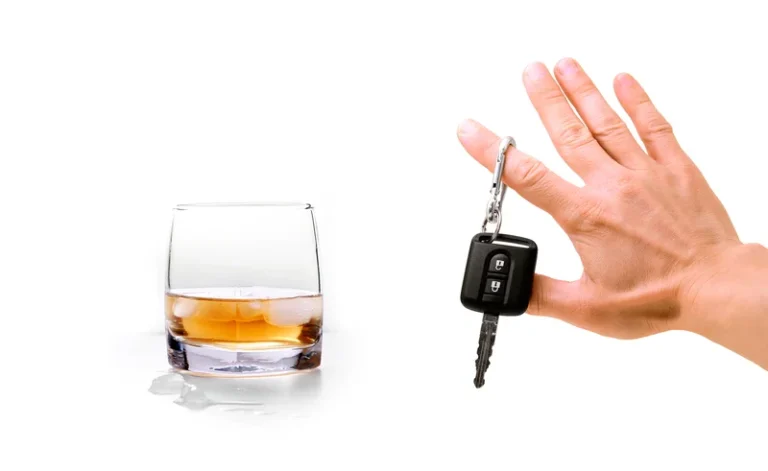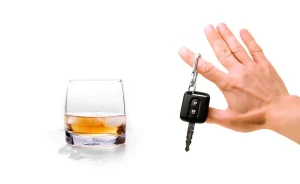
Hosted by therapist Amy Morin, LCSW, this episode of The Verywell Mind Podcast shares how to avoid repeating mistakes and build better habits.

Avoiding Relapse
- It is especially true if they have alcohol use disorder (AUD) or substance use disorder (SUD).
- It’s this third point that’s one of the most illuminating.
- Some are structured in programs, such as the 12-step approach used by Alcoholics Anonymous and similar addiction recovery programs.
- It’s common for people to feel left out or judged for not drinking or using drugs in social situations.
I am a writer, and I found a platform to share my message. They are poison to your recovery and want to see you fail. If they’re people using drugs or old drinking buddies, they’ve got to go.
Maintain Ongoing Professional Support
- It opens doors to new opportunities, relationships, and experiences.
- Without all the bloating caused from alcohol, you end up losing a lot of weight in a relatively quick amount of time.
- Honestly, I’ve gone back and forth with deleting my social accounts completely.
This newfound clarity is one of the first steps in reclaiming your life and steering it in a direction that you choose, not one dictated by addiction. In the most simplistic terms, sobriety means refraining from drinking so that one is not intoxicated. Unfortunately, without a commitment to recovery, sobriety can be a temporary state. If you find yourself in a triggering situation, have a plan to help you cope. Confidence and productivity come with time and practice.
Identifying Triggers and Stressors
There will be ups and downs, but with the right tools and support, you can find tips to stay sober fulfillment and satisfaction in a sober lifestyle. Engaging in therapy, taking part in new activities, and cultivating a supportive community are all integral steps towards building a meaningful, substance-free life. Sobriety now refers to remaining sober rather than intoxicated. For many in recovery, sobriety extends beyond abstaining from alcohol.
Maintaining Sobriety Long-Term
As such, support systems prevent isolation as a prominent challenge in addiction recovery. Additionally, you’ll need to find ways to manage physical pain if you know it’s a trigger for drinking or drugs. The healthier and more fulfilling your life is, the less likely you will turn to drugs or alcohol. Whenever possible, avoid people with whom you have unhealthy relations. If you can’t or don’t want to do this, seek professional counseling and encourage your loved one to do so too. Routines have many benefits, as many people find comfort in them.

I’ve Got Way More Time
A consistent daily and weekly routine filled with things that improve your well-being can help you avoid relapse. In social situations where people are drinking, you might feel more comfortable with a drink in your hand. A mocktail looks like a cocktail but doesn’t have any alcohol in it. Other people won’t be able to tell the difference just by looking at your glass. You may want to start an exercise routine — exercise releases brain chemicals called endorphins, which can make you feel good. Or you might rather spend time volunteering for a good cause, like an animal shelter or children’s hospital.
What is Weak vs Strong Critical Thinking: Defining Key Distinctions in Reasoning Skills

The first step to getting sober is recognizing and admitting that you have a problem with drug or alcohol misuse. It’s difficult to admit that you have lost control over your substance use. Ioana has a Ph.D. in Communication Sciences and has been a freelance writer for over ten years. Ioana uses her passion for psychology, research, and mental health to create reliable resources on various topics relating to addiction and treatment.

The Cost of Addiction
Sobriety brings about positive changes in both physical and mental health. One of the benefits is improved sleep patterns, leading to a reduction in instances of insomnia. Additionally, staying sober enhances mood stability and emotional well-being, resulting in an overall better quality of life. Not only that, but it also contributes to better physical appearance and weight management, helping you maintain a healthy body. When you choose sobriety, you’re choosing a path of self-improvement and self-discovery.
- Embracing sobriety as a journey towards personal freedom involves a holistic approach.
- Having peer support as part of your support network is helpful because it connects you with people going through the same journey.
- It represents a state of living, free from the influence of substances, but also, and importantly, it’s about the journey towards personal freedom and clarity.
- Furthermore, decades of evidence have proven that people who get help while beginning the recovery process have better outcomes than those who don’t.
People who reach certain sober milestones receive pins or chips, acknowledging their achievements. This may mean that you don’t spend time with someone you used to use drugs with or go somewhere you used to drink. You might take a new way home from work, for example, to keep from going past your favorite old hangout.